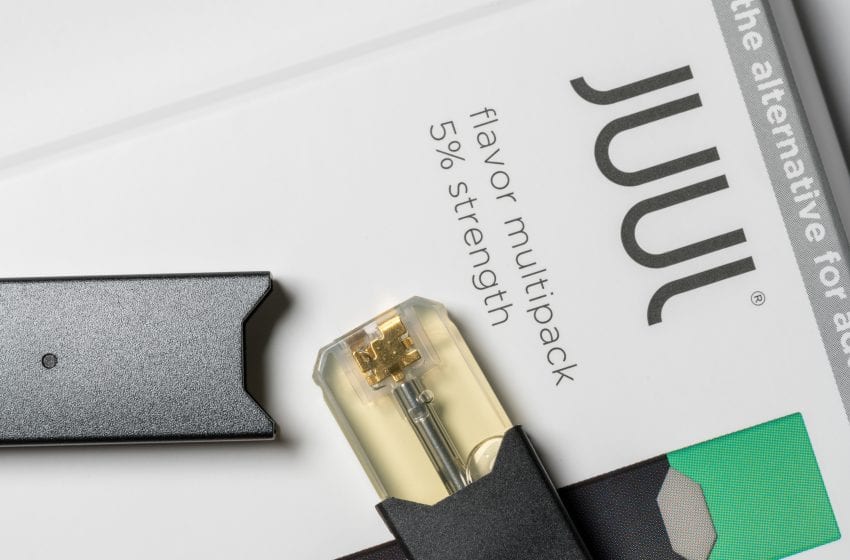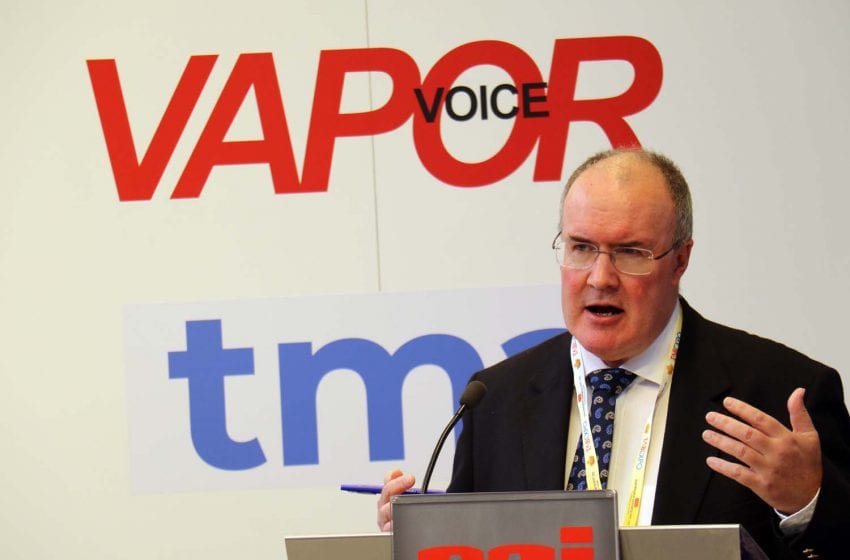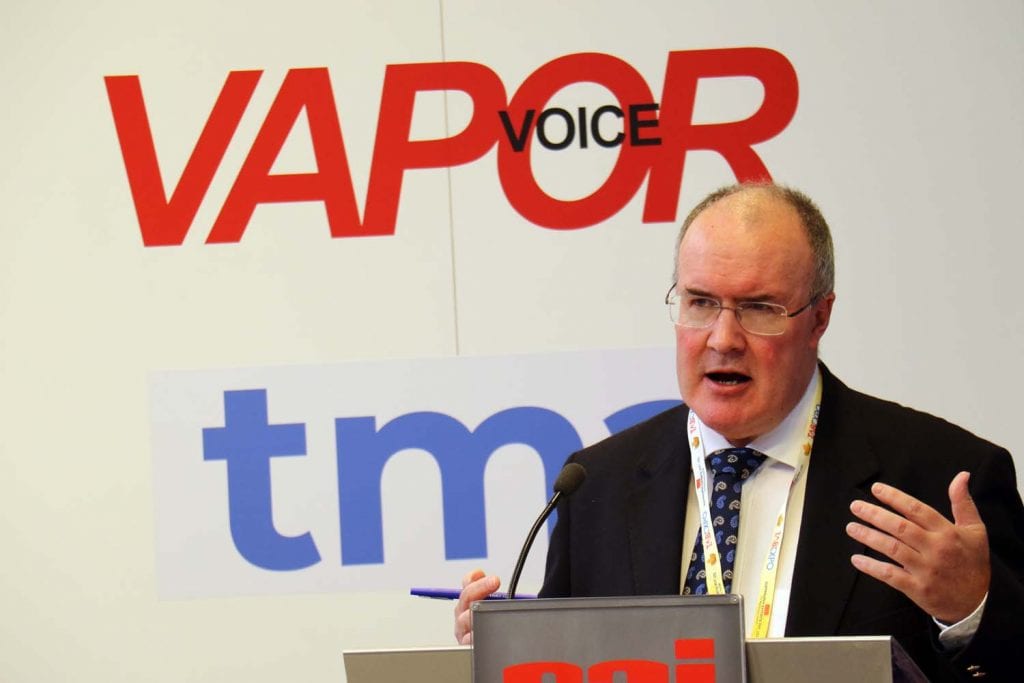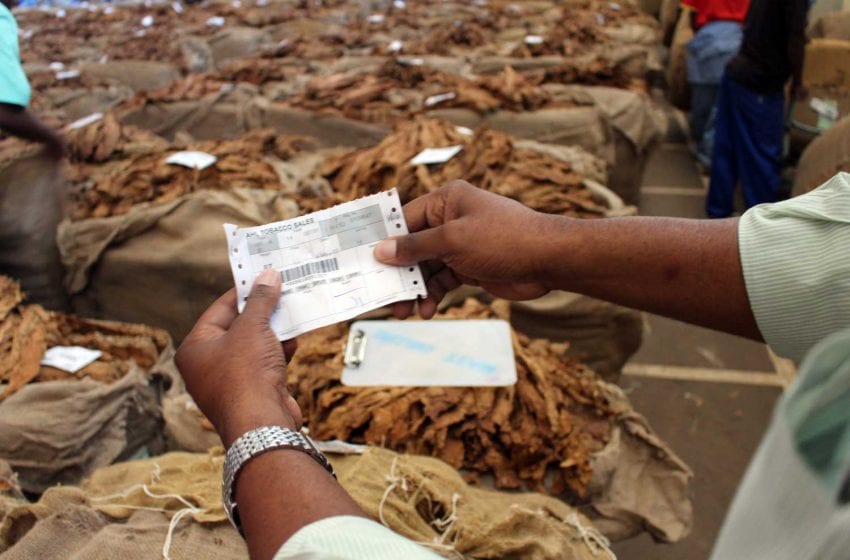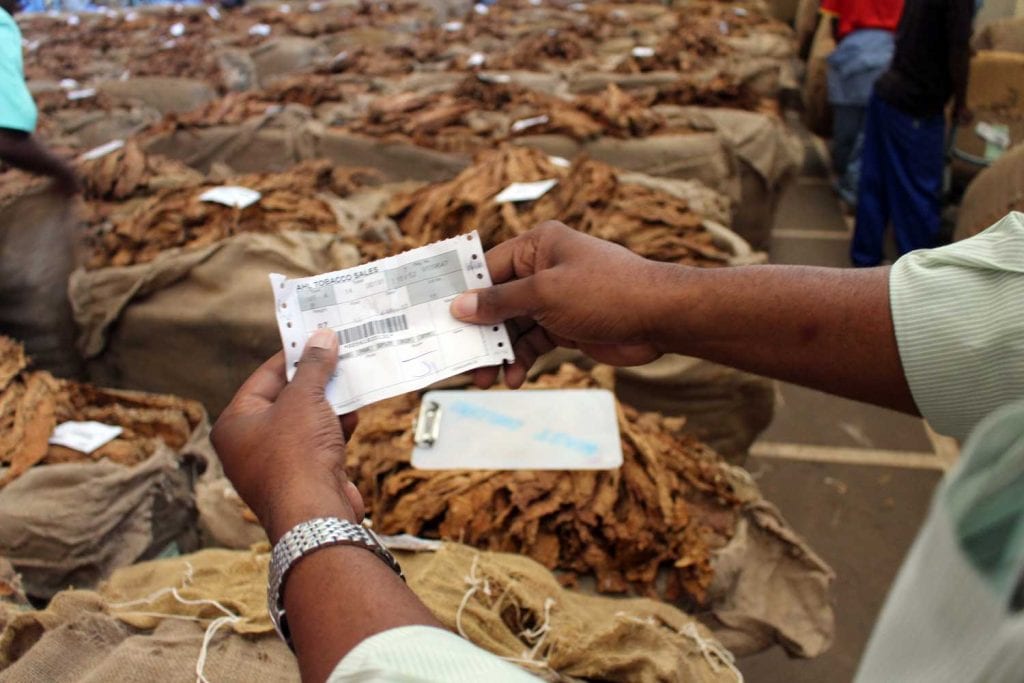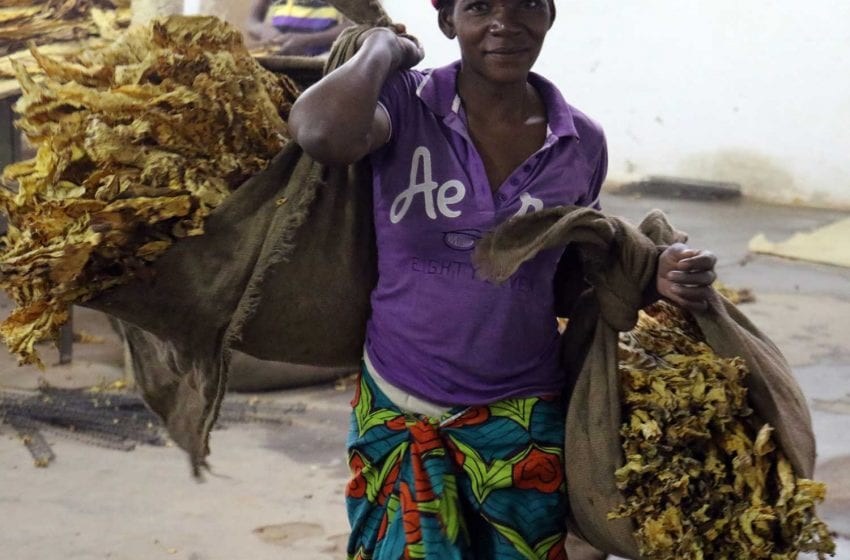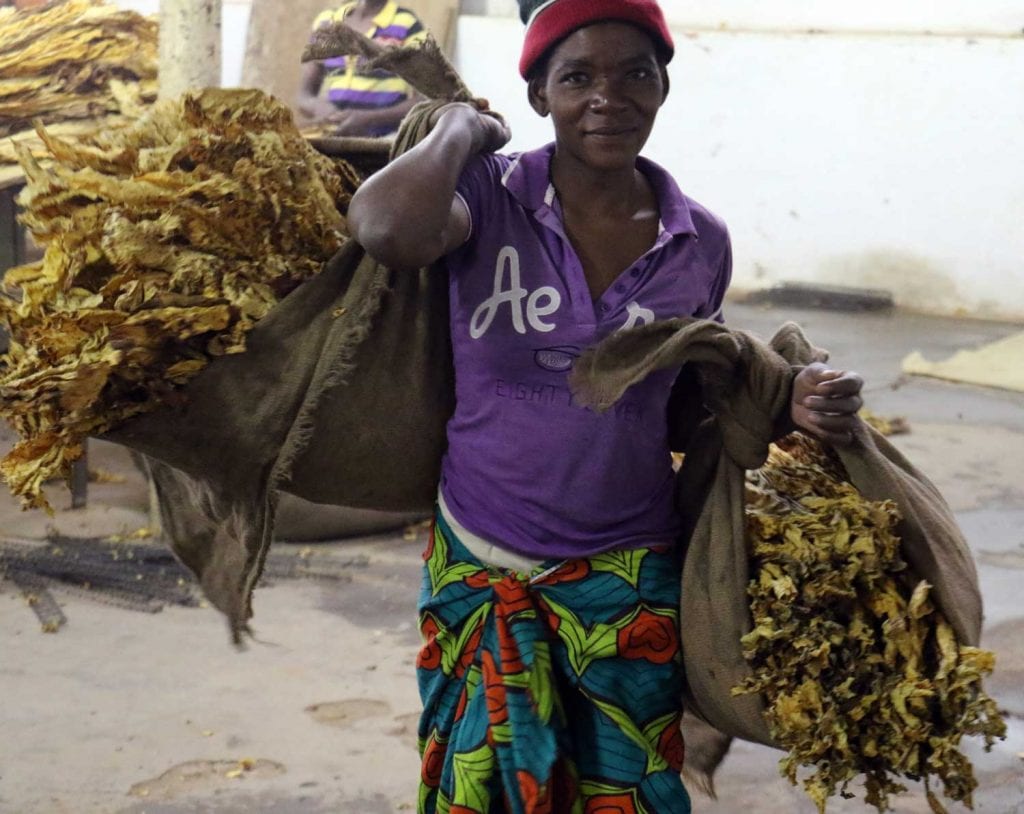Juul Labs said today it would end operations in South Korea, a year after it entered the market. The company states the cause was its inability to gain market share amid government health warnings.
In a statement, Juul Labs stated that since the beginning of the year it was working through a restructuring process aimed a re-establishing a viable business in South Korea by significantly reducing costs and making changes to its products.
“However, these innovations will not be available as anticipated,” the statement said. “As a result, we intend to cease our operations in South Korea.”
In October last year, South Korea’s health ministry advised people to stop vaping because of growing health concerns, especially after a case of pneumonia was reported in a 30-year-old e-cigarette user that month, according to Reuters news article.
The announcement prompted convenience store chains and duty free shops to suspend the sale of flavored liquid e-cigarettes, including those made by Juul Labs.
In December, South Korean health authorities said they had found vitamin E acetate, which may be linked to lung illnesses, in some liquid e-cigarette products made by Juul Labs, but the company denied using the material, according to Reuters.
Juul Labs launched a product portfolio that was specifically developed for the Korean market in May 2019, but “our performance has not met expectations in terms of meeting the needs of our Korean adult smokers to successfully transition from combustible cigarettes,” according to the statement. “We have learned through this process and are focused on innovating our product portfolio.”
Juul Labs is also reportedly ready to withdraw from a handful of EU markets as well, claiming the regulatory environment has become overly hostile to the device.
According to BuzzFeed News, Juul will soon remove its products from shelves in Austria, Belgium, Portugal, France, and Spain.
The news outlet reports the European Union’s strict requirement that e-cigs contain no more than 20 milligrams of nicotine makes it difficult for Juul to do business there.
Austria, Belgium, and Portugal are very small markets for Juul, but the leading e-cig manufacturer generates significant sales from France and Spain. It will exit France by the end of the year, but withdraw from the other countries in July, paring its presence in global markets to a narrow selection that includes Germany, Italy, Russia, and the U.K.

